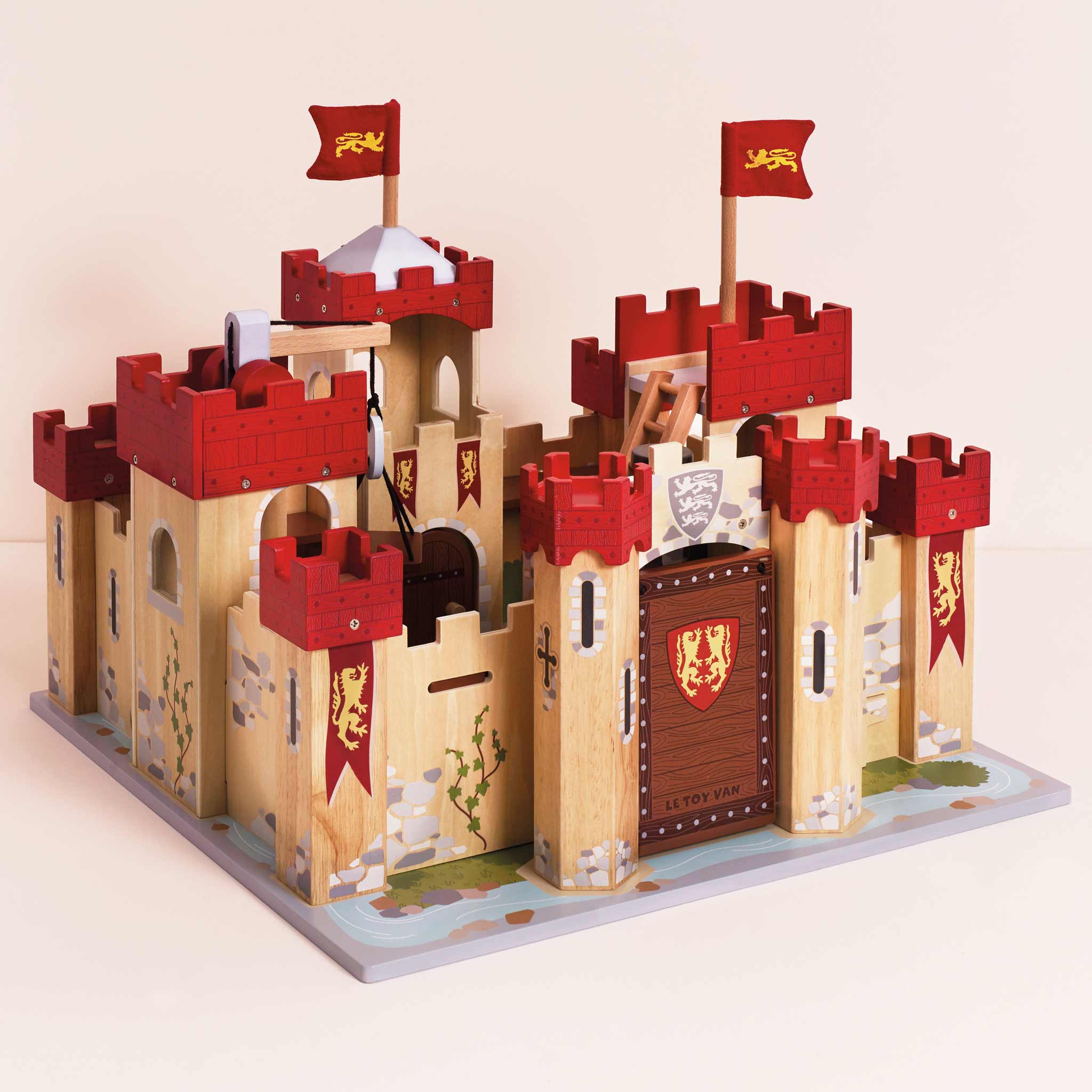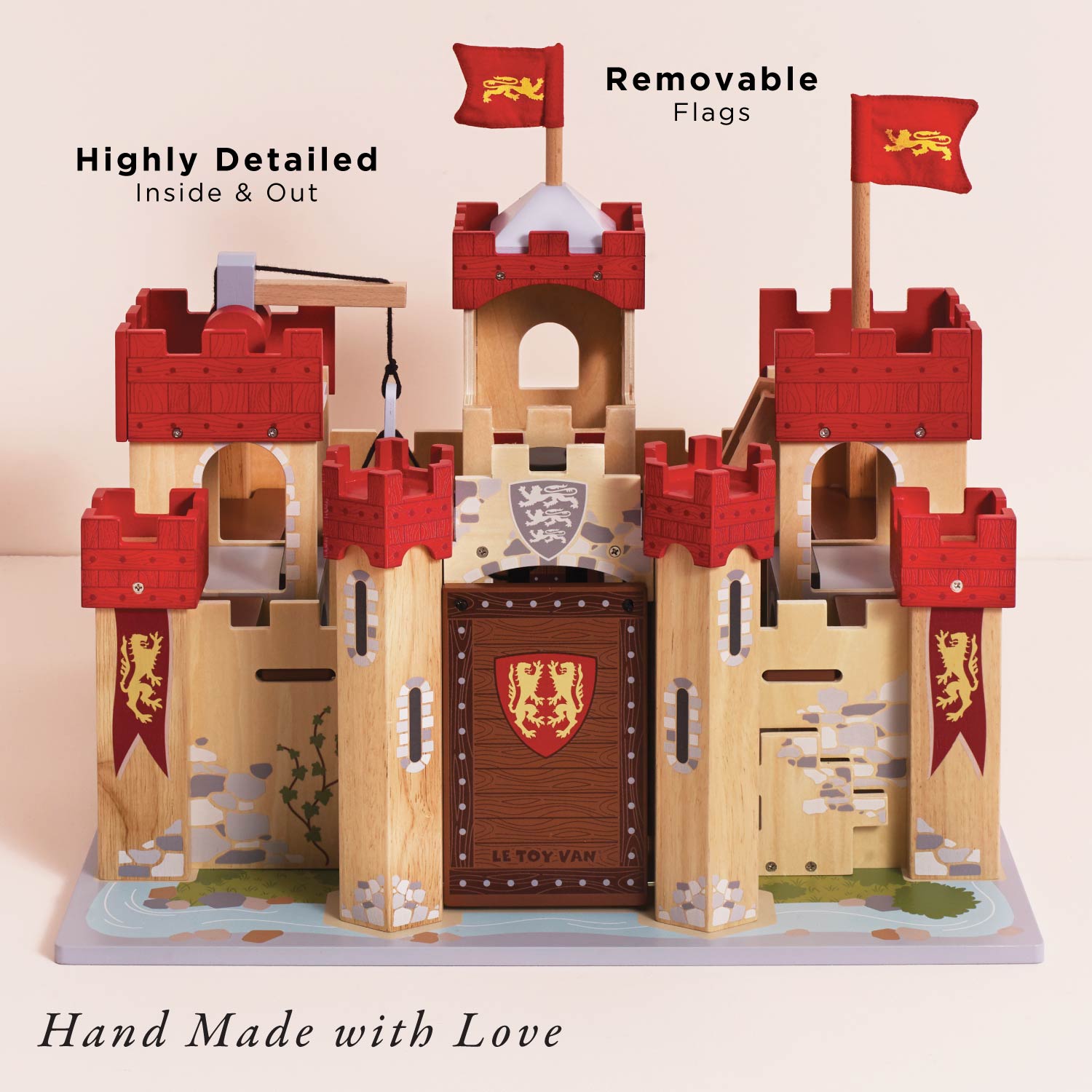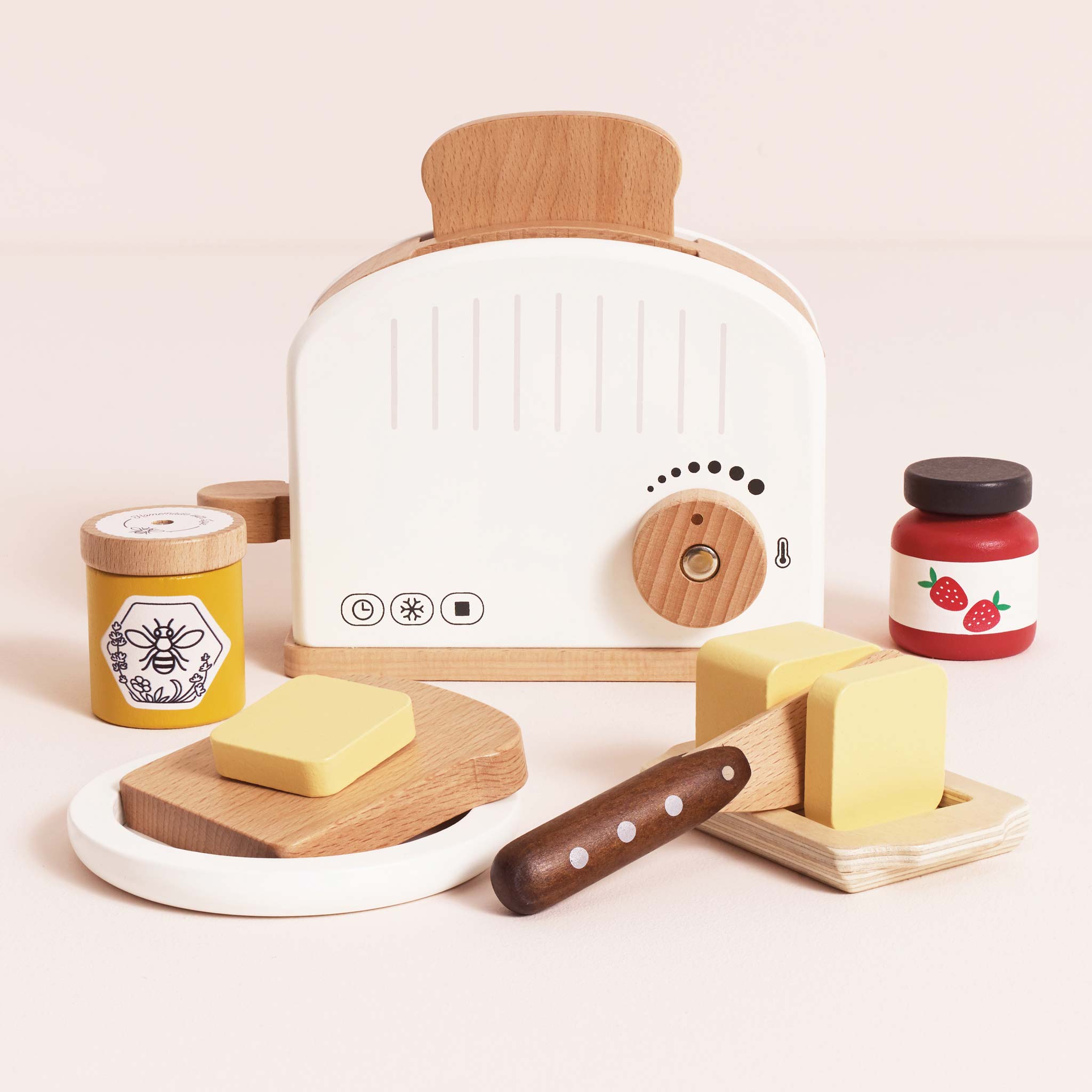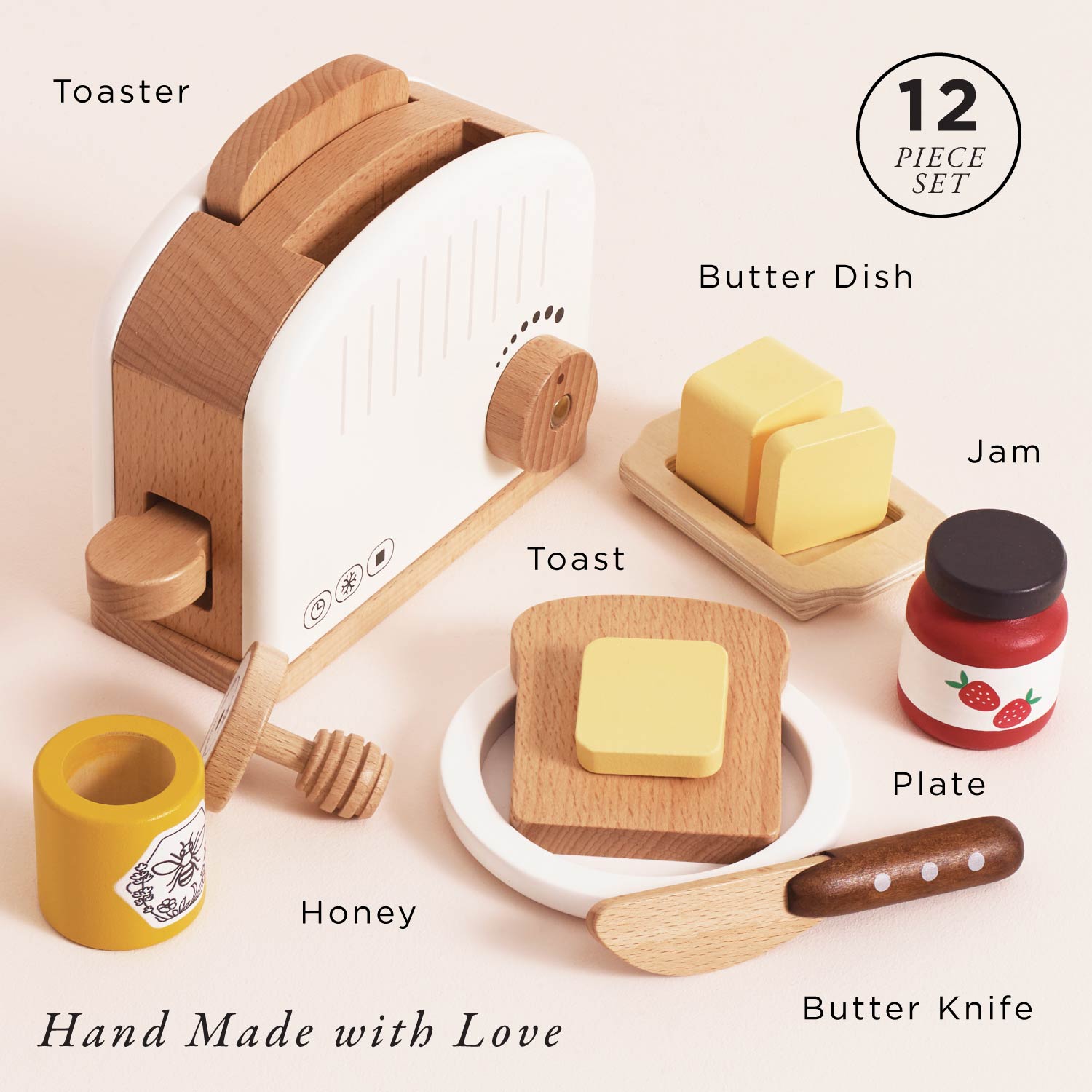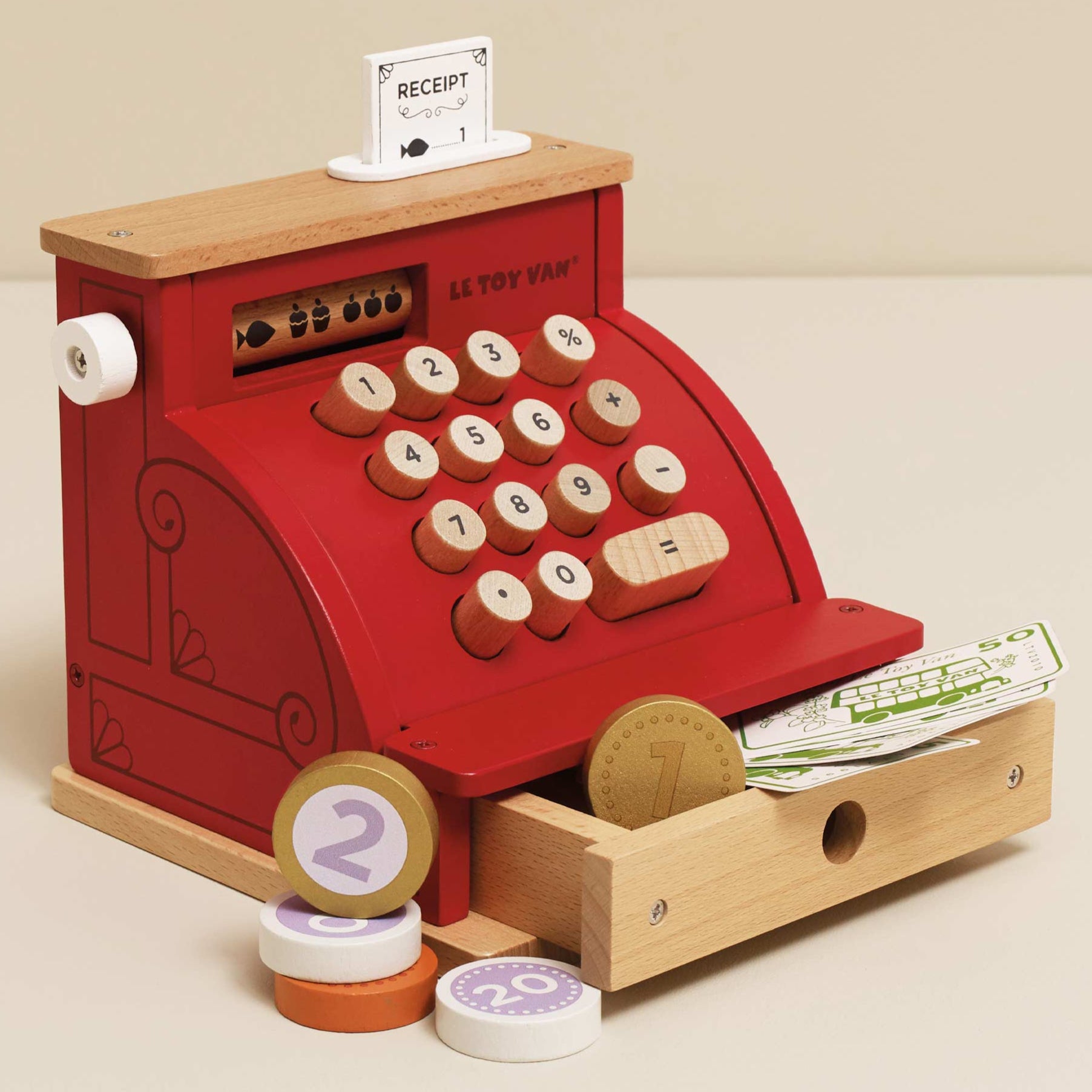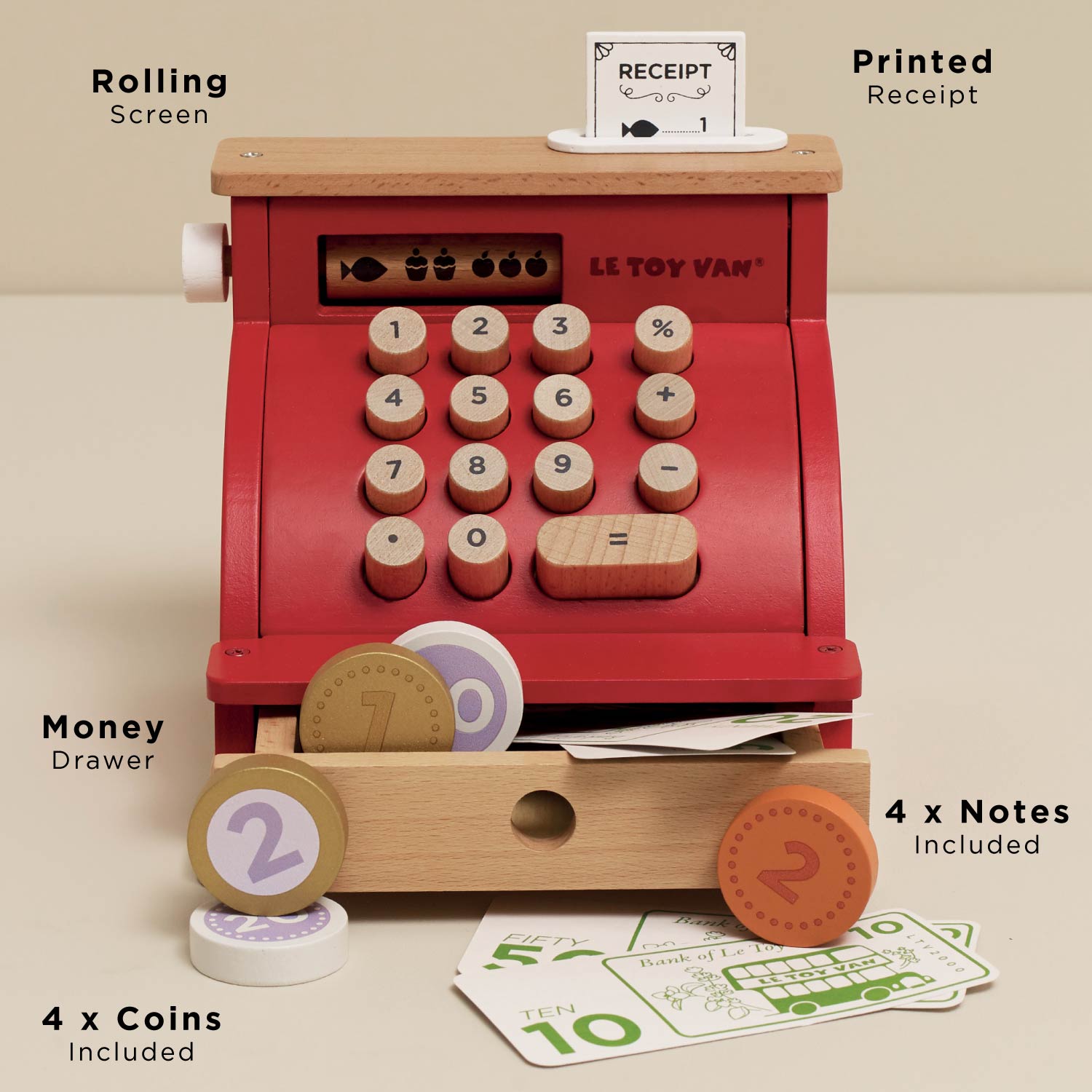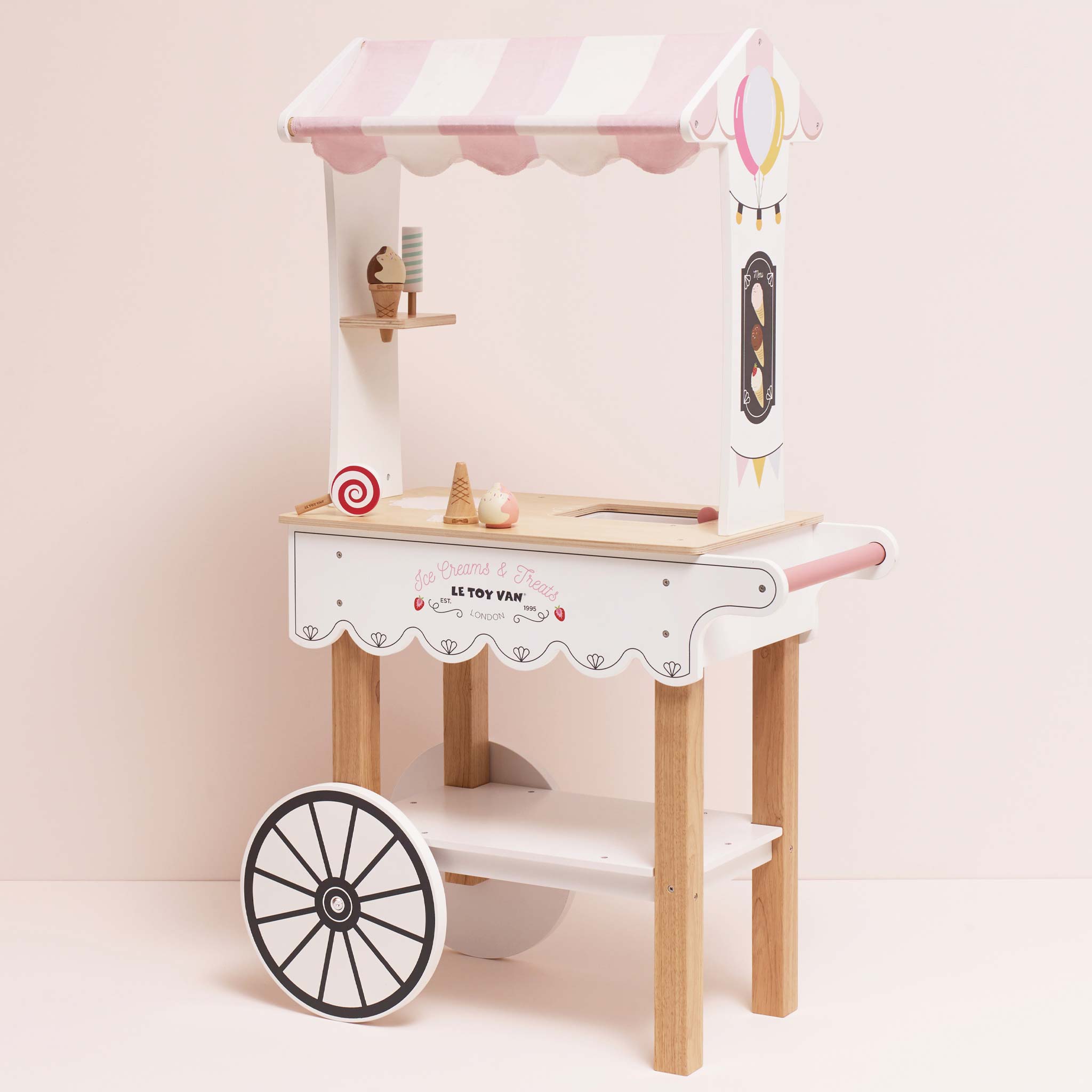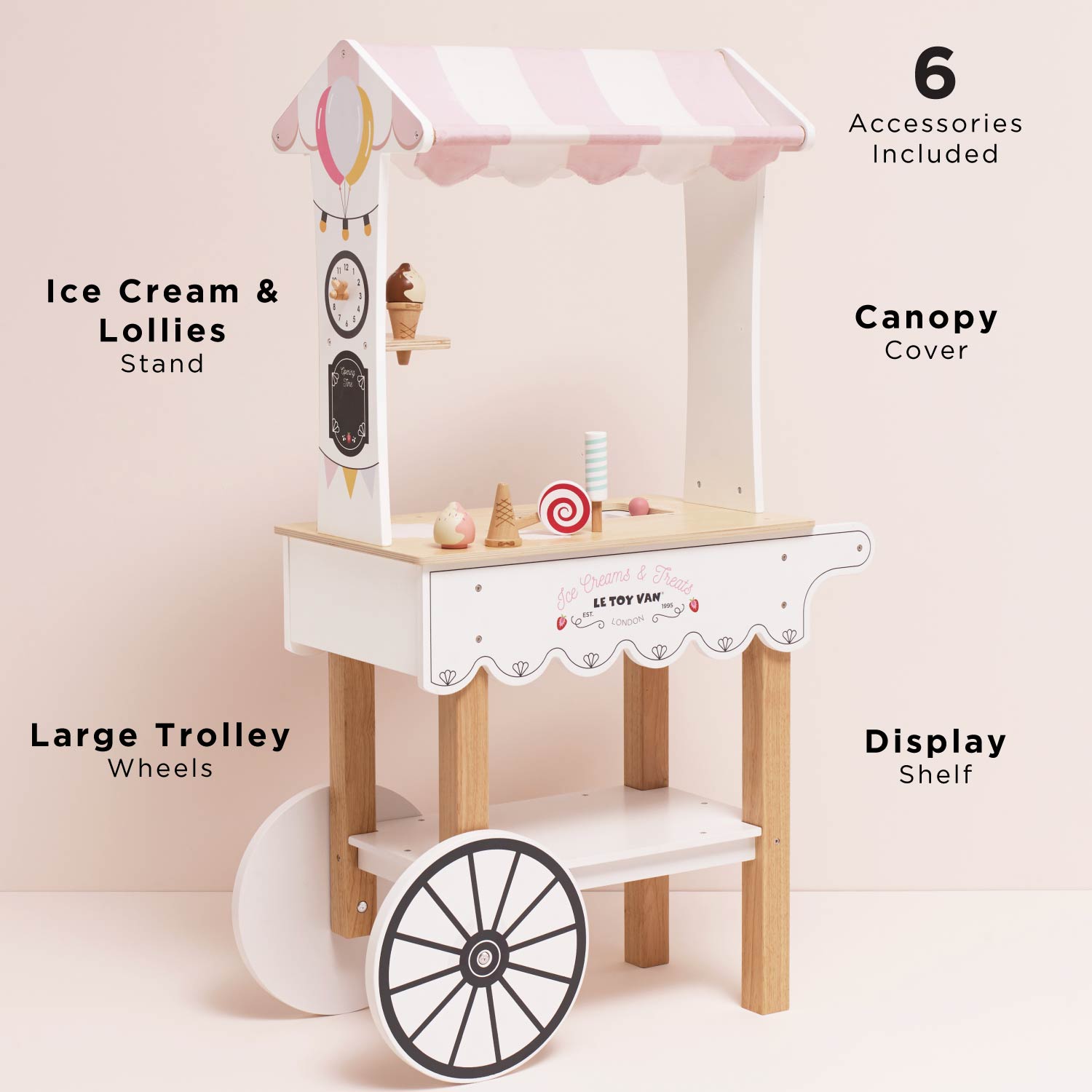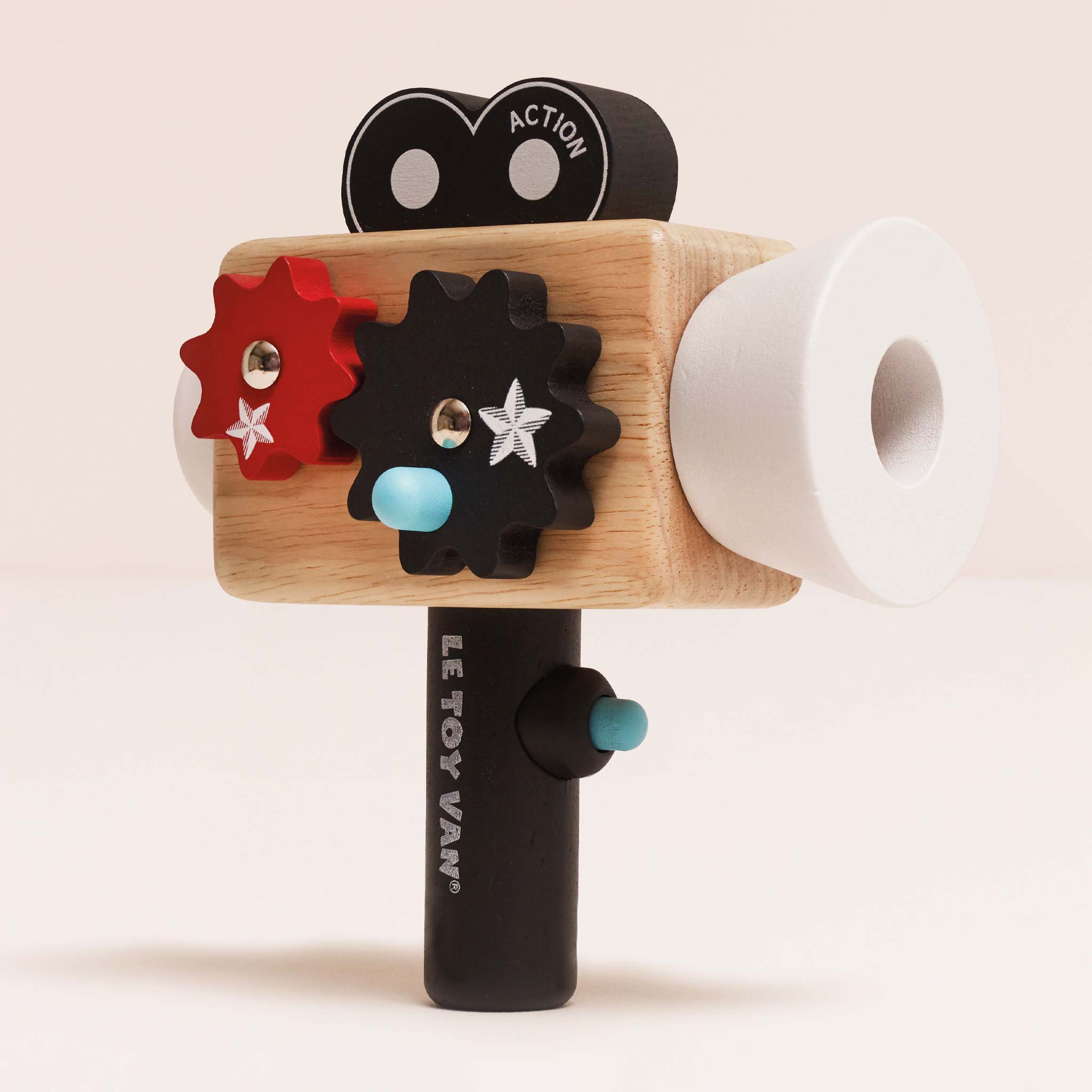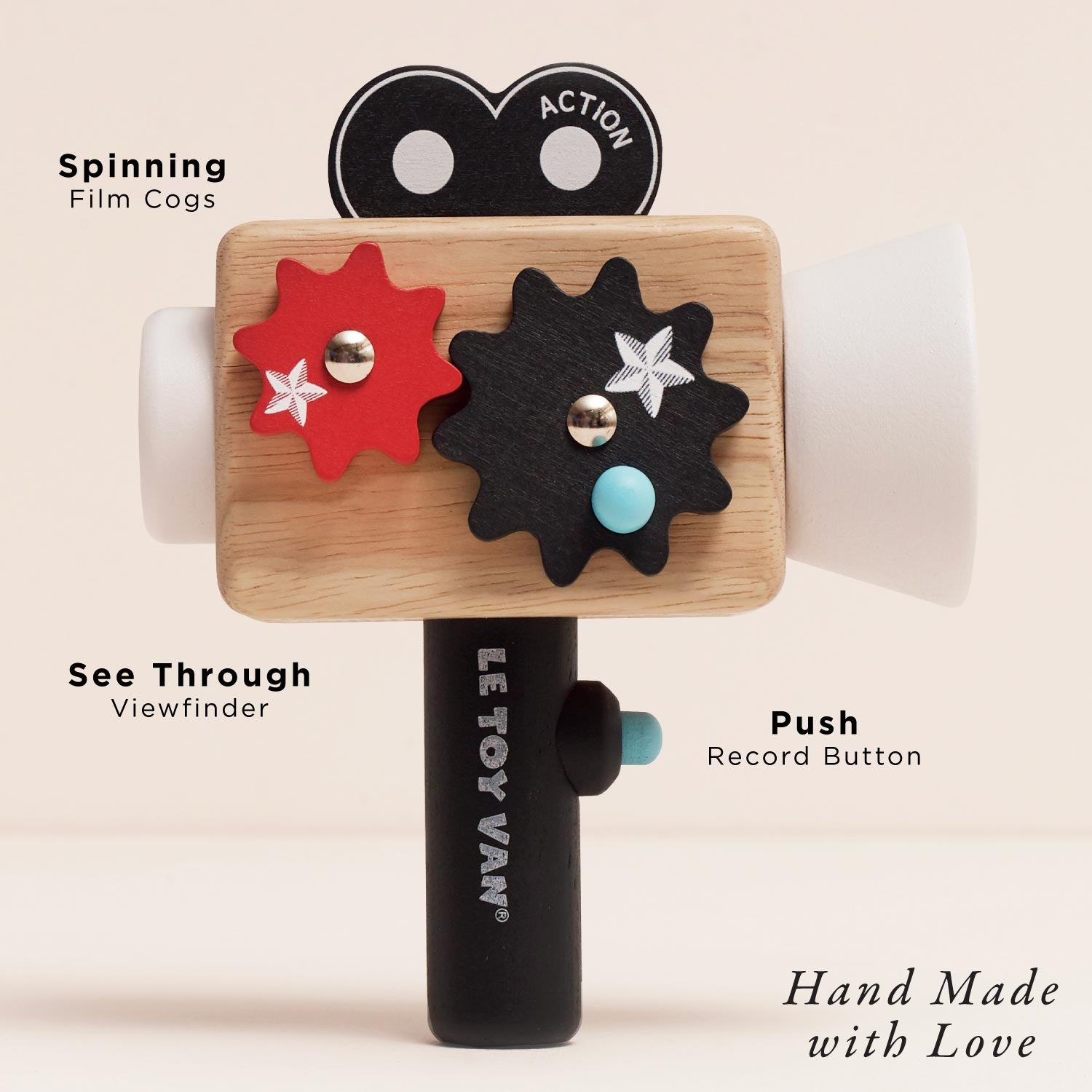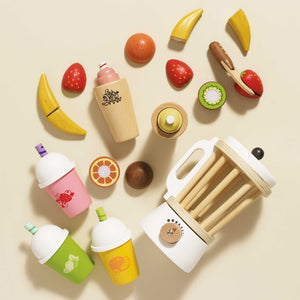There's no one way to build a healthy connection with your child. The Encyclopedia of Children’s Health explains how the characteristics of the parents and even the child can affect the quality of the relationship. Of course, not all children will have similar personalities to their parents — and that's completely okay. Bonds are built when families are able to set aside their differences and love one another wholeheartedly.
Indeed, the parent-child bond is one of the most important relationships that are formed in a person’s life, as it affects their development as a child and later on in adulthood. Building this relationship will also instil confidence in both parties, and it serves as a foundation that the child may base their future relationships on. It doesn't have to be elaborate family holidays or a perfect relationship 24/7. In fact, simple acts like having meals together or ensuring open communication can already make a world of difference.
That being said, here are a few ways you can build a strong bond with your child:
1. Play together
Children learn through playing. It is what helps them develop language and social skills, aids them in learning how to express emotions, and fosters their creativity. Outdoor play also lets the child interact with their surroundings, encouraging them to develop their other senses. It doesn’t matter what or how you play as long as you give your child undivided attention. After all, feeling like your Mum or Dad are too distant can be an unpleasant feeling for a child.
Fortunately, playing together gives your child the affirmation that they are important and that as parents you want to spend time with them. Just like we previously discussed on How Does Role-Play Benefit Development in Children?, role-play is especially helpful in developing their skills, as this kind of play is led by the child with the help of props and toys. The child is then able to express their ideas in a safe place, while building their confidence and even leadership skills. Our Ice Cream Trolley, for example, helps a child develop social skills, speech, and creativity. If your child is older, you can opt to try board games and card games. Check out titles like Counting Mountain for children below eight, and Exploding Kittens. These kinds of games are very enjoyable for both children and adults, while also encouraging children to improve communication and thinking skills.
2. Go on walks
Going on nature walks is a great way to bond, no matter how old your child is. Psychology Today explains that talking to them during walks also lets them expand their knowledge and skills. Plus, it allows you to integrate yourselves into the community — providing your child with a sense of belonging. To make walks more convenient, take infants or toddlers to the park in a pushchair, which iCandy outlines that contemporary models tend to have different facing modes. With the pushchair in parent-facing mode, you’ll be able to have plenty of interaction with your baby during their developmental months. As your baby gets older, they will become more curious about the world around them, so you can change the pushchair to world-facing mode. You even have the option to turn it into a tandem pushchair later on, allowing you to transport two children simultaneously.
3. Eat together
Eating together doesn’t necessarily have to be just for dinner after your day job. If you can’t commit to dinner, then breakfast or even snacks will do just fine; what’s important is that you schedule time to eat together as often as possible. Eating as a family, away from gadgets, encourages interaction among members. An article on Parents lists the numerous benefits of eating together. It includes teaching your child better eating habits and even preventing eating disorders and weight-related problems later on in life. Moreover, it improves your child’s communication skills and self-esteem when you let them talk about whatever they want. Just remember to show that you are interested and respond accordingly to their stories.
Regardless of what other bonding activities you'd like to try with your child, what’s important is that you give them respect and attention. Strengthening your relationship with your child early on sets the stage for a healthy and strong relationship as they grow older.
Guest post written for letoyvan.com
By Erin Caldwell
